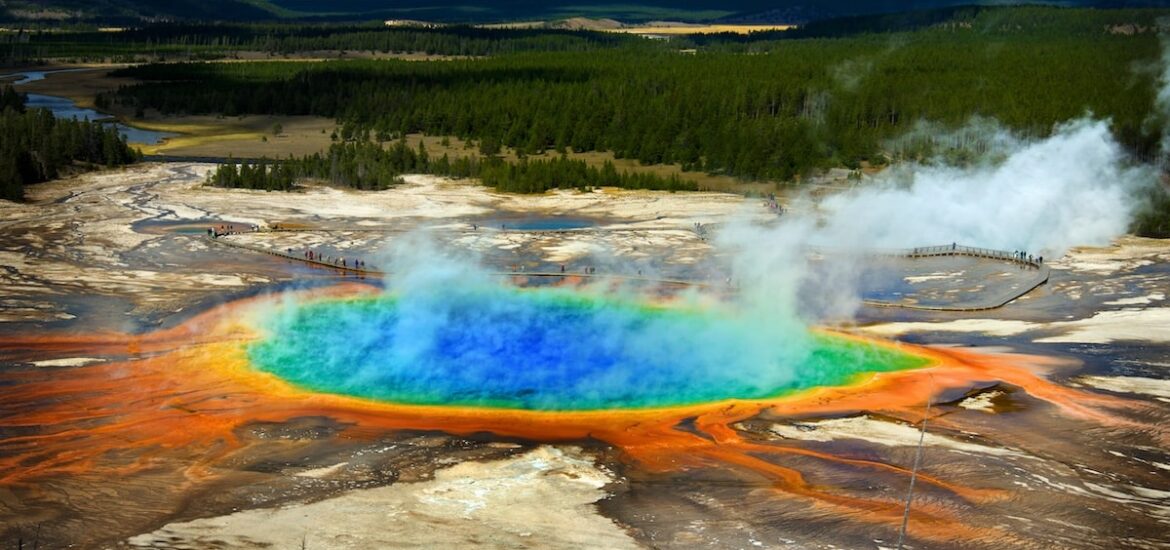The Biden Administration has unveiled a next-level funding investment into renewable green energy that they say could provide infinite energy. Let’s take a look at their plans.
Biden Administration’s Push for Net Zero

President Biden and the department of energy (DOE) have announced a big move toward shifting to net zero, with a $60 million investment into tapping clean and renewable geothermal energy.
Understanding Geothermal Energy

Geothermal energy is essentially naturally hot water and steam from the planet’s crust that we can tap into to create electricity or use it directly.
Geothermal vs. Fracking

It’s less invasive than fracking (although it does require similar techniques, it’s overall less damaging to the planet), releases much less greenhouse gases than fossil fuels, and is more reliable than solar and wind energy.
Centuries of Geothermal Use
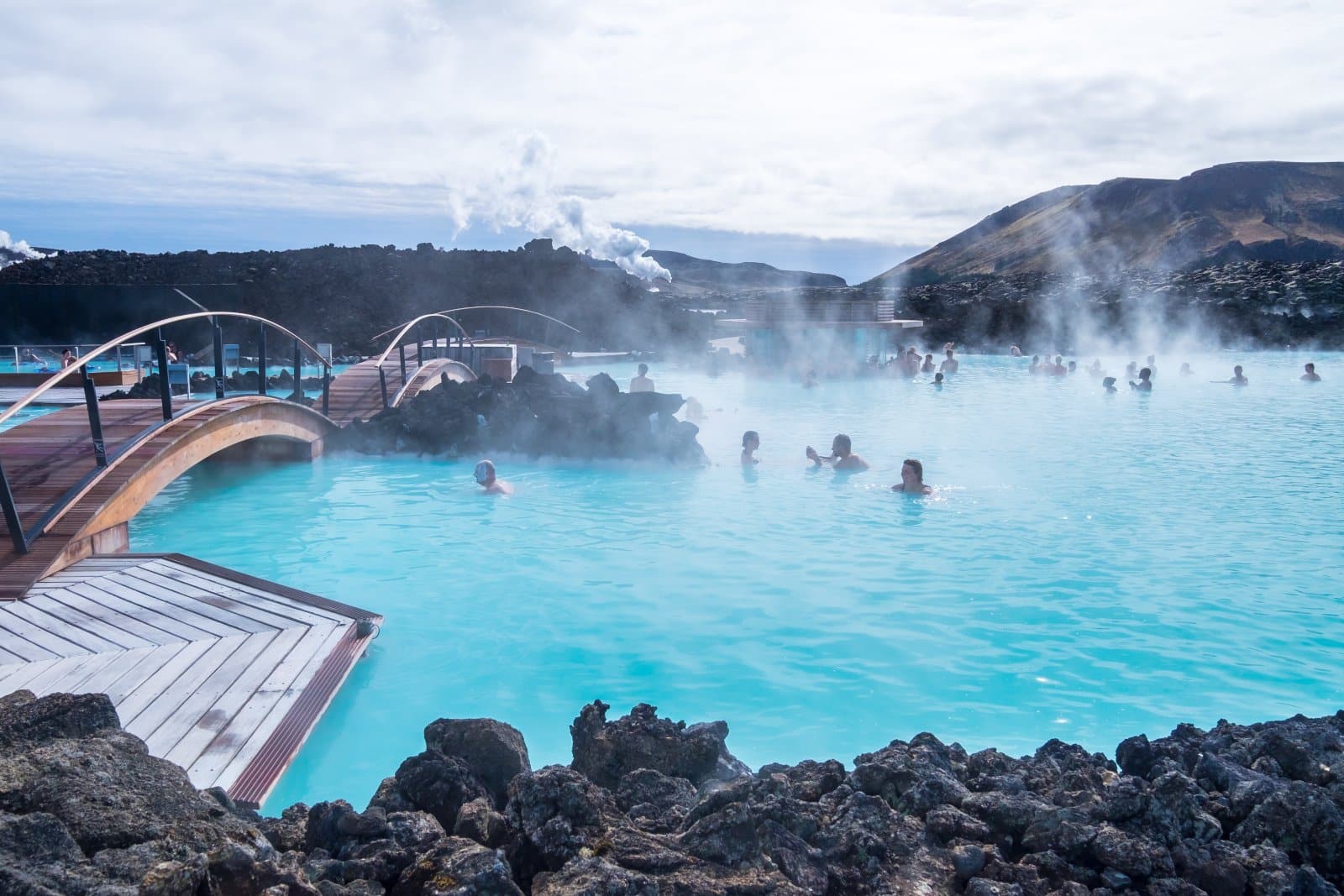
Geothermal energy isn’t a new science. People have been using Earth’s natural reserves of hot water and steam for hundreds of years – look at all the hot springs around the world for evidence.
Modern Applications
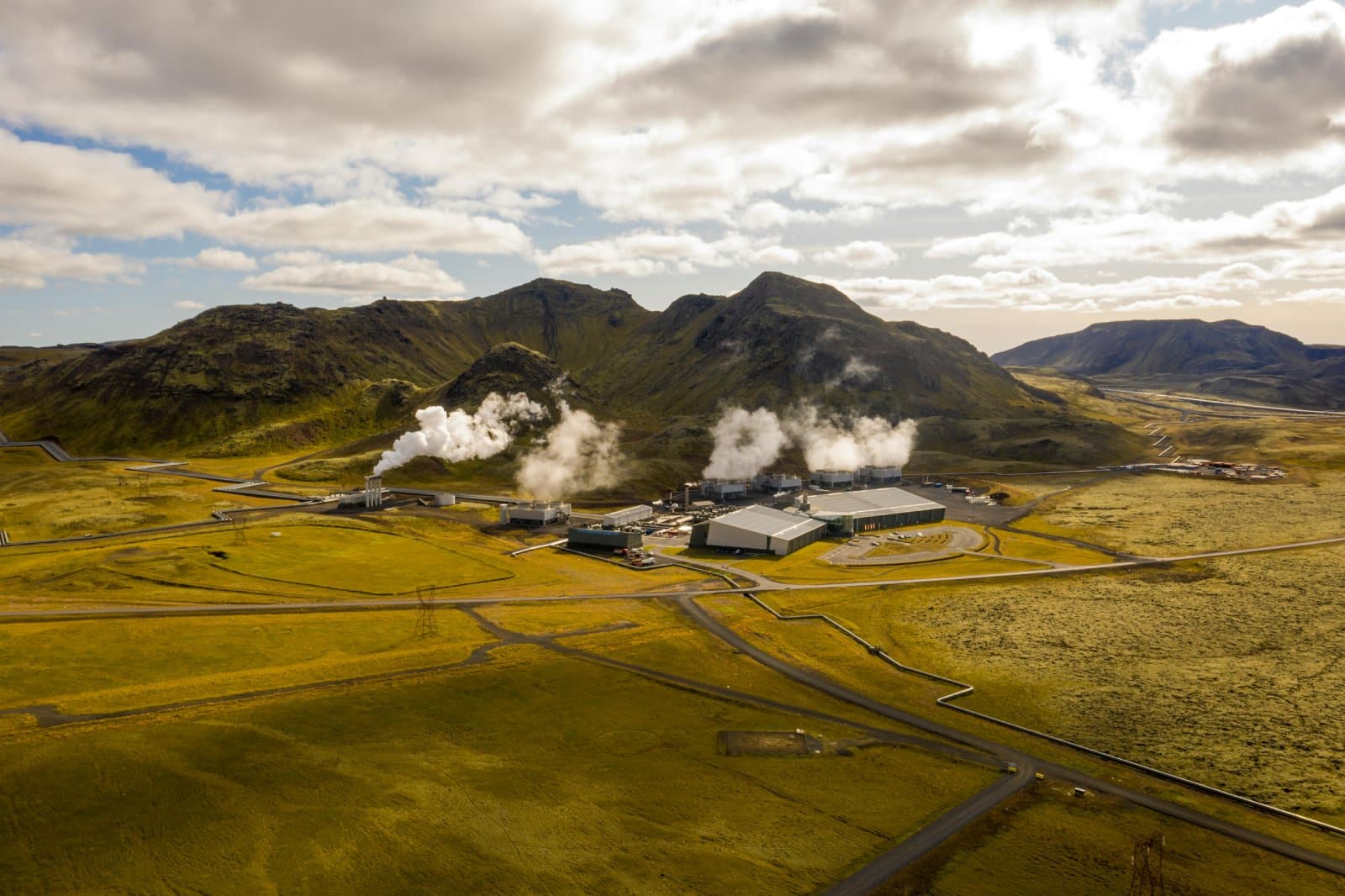
Nowadays though, there are geothermal power plants and heat pumps that generate energy that can be used for power and to heat water and buildings.
Policy Goals

Biden’s new initiative, which is funded by the Bipartisan Infrastructure Law, is part of the administration’s broader goals of creating sustainable energy solutions and achieving 100% clean electricity by 2035.
The Future of Geothermal Energy
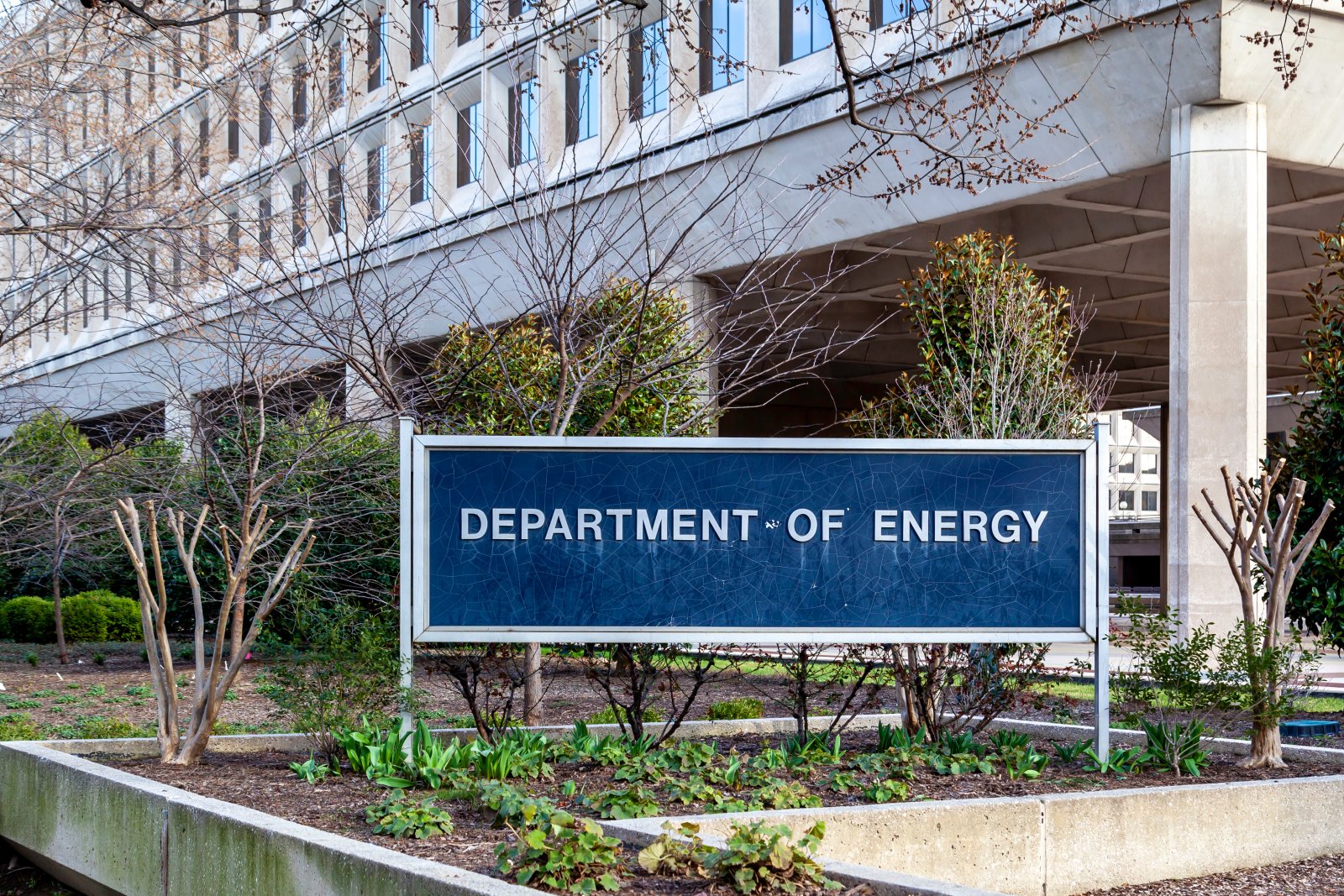
The DOE announced that this funding will be used for three pioneering projects that aim to showcase the effectiveness and scalability of enhanced geothermal systems (EGS).
Advancing Geothermal Power Across the Nation

These projects will use cutting-edge technology and multiple drilling techniques to harness the Earth’s heat resources – transforming them into reliable and cost-effective sources of electricity.
DOE’s Vision

U.S. Secretary of Energy Jennifer M. Granholm wrote a brief statement on the importance of this funding, explaining, “These projects will help us advance geothermal power, including into regions of the country where this renewable resource has never before been used.”
“The Heat Beneath Our Feet”

She continued, “These pilot demonstrations will help us realize the full potential of the heat beneath our feet to reduce carbon emissions, create domestic jobs, and deliver clean, cost-effective, reliable energy to Americans nationwide.”
Chevron’s New Energies Project

The initiative includes three projects set to receive funding, with Chevron New Energies leading one of them. Their project focuses on an Enhanced Geothermal Systems (EGS) pilot demonstration, aiming to harness geothermal energy using advanced drilling and stimulation techniques.
This initiative will be implemented near an existing geothermal field in Sonoma County, California, showcasing innovative approaches to sustainable energy production.
Fervo Energy Project

Fervo Energy’s pilot project, situated within the Milford Renewable Energy Corridor in Utah, endeavors to generate at least 8 megawatts of power from each of its three wells. Positioned near the Department of Energy’s Frontier Observatory for Research in Geothermal Energy (FORGE) field laboratory, this initiative represents a notable advancement in geothermal energy technology and research within the region.
Mazama Energy Project

Mazama Energy’s pioneering endeavor will showcase an unprecedented super-hot Enhanced Geothermal System (EGS) above 375°C on the western flank of Newberry Volcano in Oregon. Through pioneering research in extreme heat environments, Mazama Energy seeks to propel the frontiers of geothermal technology forward.
The Role of Enhanced Geothermal Systems

Geothermal energy harnesses heat from below the Earth’s surface to generate electricity. Traditional methods can be challenging in some areas due to geography and other factors, but EGS can be used to create artificial reservoirs to access this energy.
Cooling Solutions

EGS is useful as it can create heat and power cooling solutions like air conditioning.
Geothermal Energy in the U.S. Grid

Geothermal energy currently contributes four gigawatts to the U.S. grid, but the DOE forecasts that with new technology, this could increase to 90 gigawatts by 2050—enough power for over 65 million homes.
Expanding Geothermal Energy Use

These efforts are part of the EGS Pilot Demonstrations program, funded by the DOE’s Geothermal Technologies Office. The program aims to expand geothermal energy use and accelerate the shift to clean energy.
Job Creation Potential

According to data from the World Resources Institute, investing in geothermal energy is a big step towards a sustainable future and is poised to create over 5.7 million jobs.
Global Examples
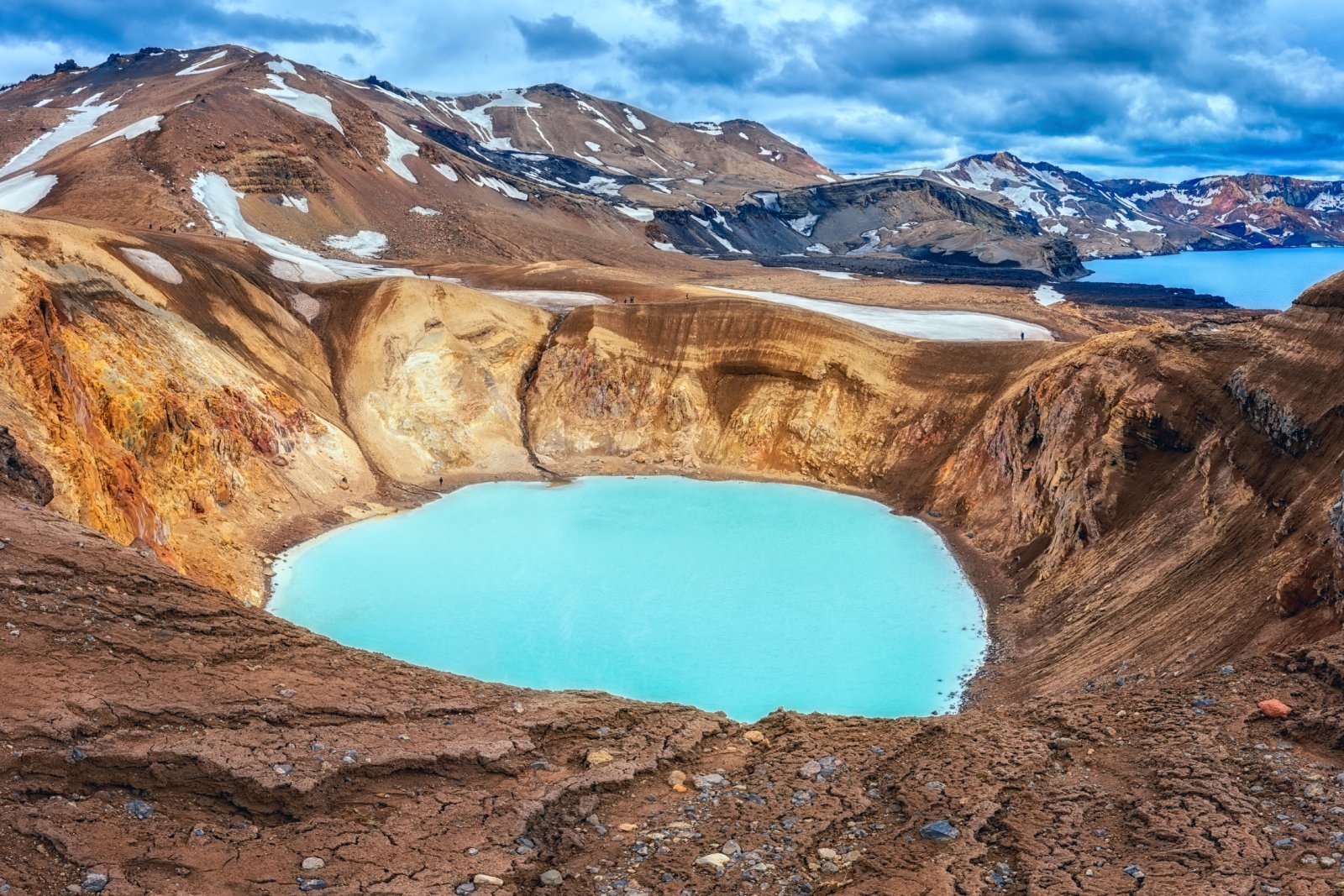
Many other countries already rely on the Earth’s natural heat for energy – Iceland, for example, gets 60% of its energy from its vast network of geothermal springs.
Innovative Approaches

Tech companies are also looking at methods of harnessing geothermal energy under the sea.
Featured Image Credit: Shutterstock / Lane V. Erickson.
The content of this article is for informational purposes only and does not constitute or replace professional financial advice.
